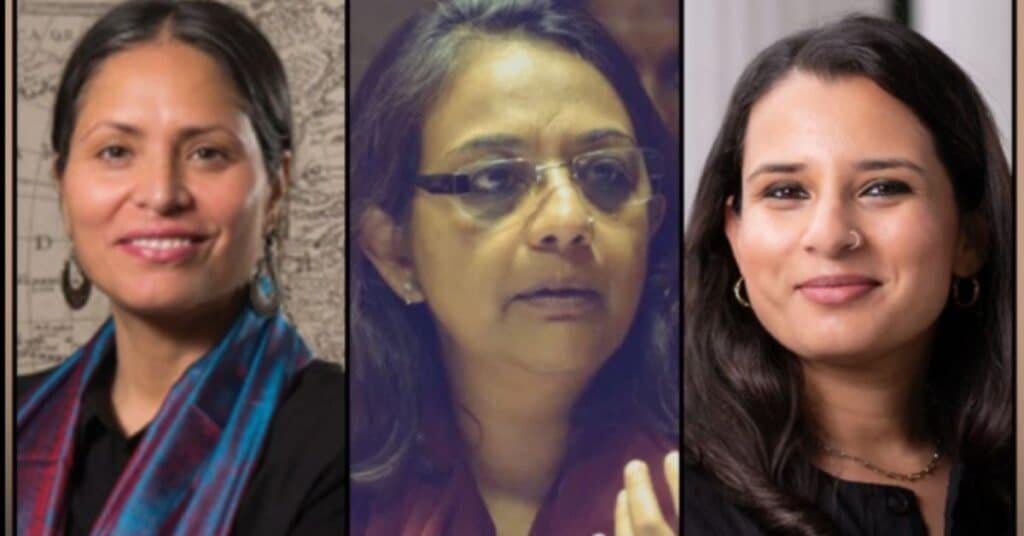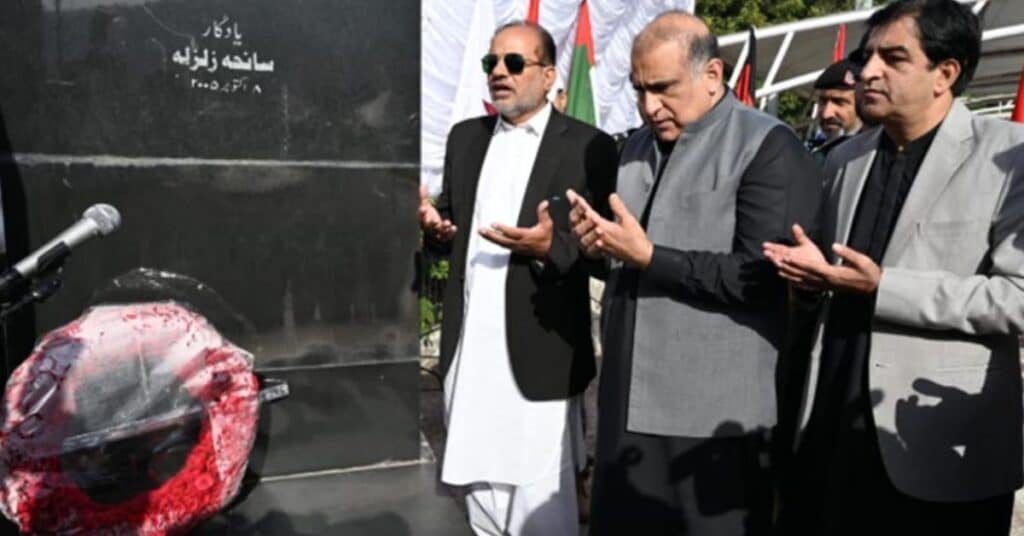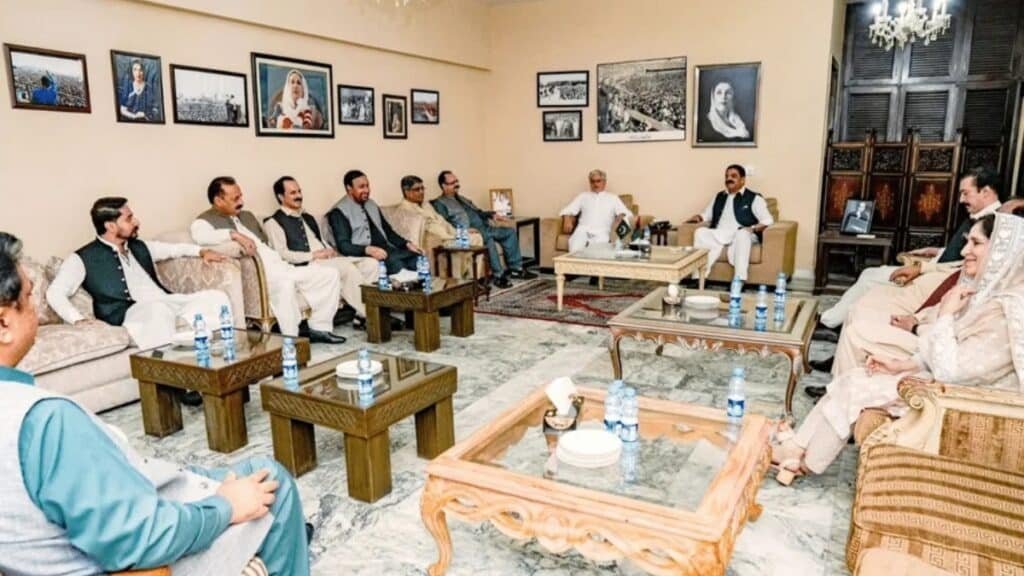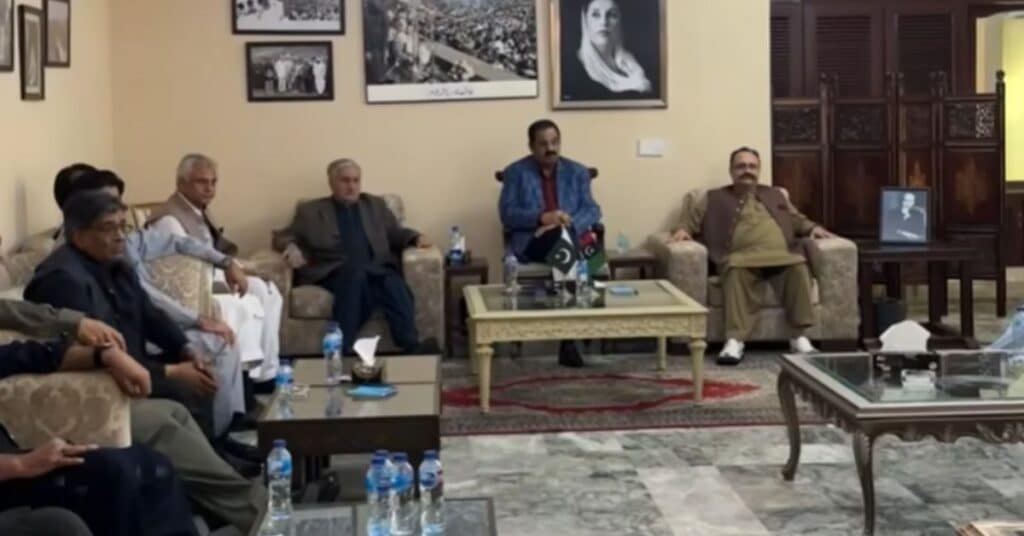SRINAGAR (Kashmir English): Ban on 25 books on Jammu and Kashmir by Modi regime, including works by three prominent women authors, has drawn sharp criticism from academics, journalists and rights defenders, who see it as part of a larger project to silence dissent and erase alternative histories.
According to Kashmir Media Service, the banned works, by Ather Zia, Anuradha Bhasin and Hafsa Kanjwal, document lived experiences, human rights abuses, and state policies in Kashmir that challenge the Indian government’s official narrative.
Critics said the move reflects fear of independent ideas rather than any real security threat.
Ather Zia, whose Resisting Disappearance focuses on enforced disappearances and women’s activism, says the ban criminalises knowledge production and deepens the “disappearance of Kashmiri writing.”
She warns it will further isolate Kashmiri narratives from international academic spaces. “My book questions, how can you disappear people? It was the technology of punishment in the ‘90s and still is in some ways, even if it’s trickled down to a very small scale today.”
She said, “I ask how democracy is weaponised and how the movement for self-determination was diluted slowly and steadily to a point where if a small emoji is put on social media post, it gets criminalised”.
Anuradha Bhasin, author of A Dismantled State, calls the ban a “bullying tactic” to control a population already facing internet shutdowns, media crackdowns, and political silencing after the abrogation of Article 370.
She said the Modi government’s attempt to eliminate alternative narratives undermines its own claims of “normalcy.”
Hafsa Kanjwal, in Colonising Kashmir, traces how the Indian state in the 1950s-60s used education, infrastructure, and cultural events to consolidate its control and project an image of normalcy — a pattern she sees continuing today with state-sponsored festivals and media tours.
“Journalists and tourists are brought in from outside, including international media, to show how Kashmir is progressing under India’s rule.
These cultural fests where Kashmiris would be participating was to give this veneer of normalcy, and would happen every year. The specific one that I looked at in my book ended around the early 1960s after Bakshi’s role ended.”
Book ban
The ban comes even as the government hosts the Chinar Book Festival, promoting a curated version of Kashmiri culture under the shadow of what critics describe as “institutionalised censorship.”
Authors warn that with archives erased, dissent muted, and critical works suppressed, future generations risk inheriting only state-approved versions of history.




